Spoiler alert: It depends on what you need in a website.
We’re just going to start off by saying that you can probably get your answer quickly by knowing just a little about each platform. While both work well for new users, WordPress is probably going to be a better fit for more experienced web designers. Wix is great for simplicity and inexperienced users, but doesn’t give you access to the inner workings. If you need a quick site and don’t know a ton about web building, Wix is probably a good option for you. If you have more knowledge and want a more intuitive site, you’ll probably want to look into WordPress.
Creating your site
The basics of WordPress — posts and pages (since it started as a blogging platform) — are pretty easy to understand. As you add new plugins and install new themes, the dashboard will become inevitably cluttered and harder to navigate. However, as you fill up your dashboard, you will also have learned how to use the features.
Because WordPress has thousands of themes and plugins, finding the right ones can be daunting. If you don’t want to spend a lot of time on it, the default themes and core features look good and work right away.
Starting your site on Wix is a bit simpler. After you create your site, Wix then gives you the option of either editing from the ground up using the drag-and-drop page builder or answering a list of questions about what kind of site you want. You can then choose your features (contact forms, email opt-ins, etc.) and your color/font themes and add your pages. It’s a straightforward process.
Wix’s dashboard, though, is cluttered, confusing, and full of upsells. It’s almost like a maze. Unfortunately, the upsells are extremely distracting and can be misleading. We’ll talk a bit more about this later on.
Page-building
Gutenberg is the only page builder that’s built into WordPress. It’s an intuitive way to write and edit posts and design pages. You can also use plugins such as Divi to get more advanced options. The ability to use third-party builders like Divi is a major plus, allowing you to have exactly the experience you want. We recommend using the Divi plugin and Divi Theme.
Wix’s page builders are not as easy to use. There are actually two builders. To set up the site, you’ll use Wix ADI. You will also have access to a drag-and-drop builder. Neither is great compared to the Gutenberg WordPress editor or other popular page builders on WordPress.
The Wix ADI builder is fairly laggy and slow. The drag-and-drop editor is better and gives you more control. It’s a helpful feature to be able to drag any element and have it stay there. We don’t recommend swapping between the editors though, because you may have trouble with changes reverting even after they’re saved in one editor. Instead, stick to one page builder for each specific page until it’s done. It’s also helpful to know that if you have two tabs open at one time (for example, if you’re editing two pages at once), you’ll often find yourself having to reload and losing progress.
Overall, Wix page builders are not a smooth experience if you want to build a solid, intuitive website.
Customization
With WordPress, you can tweak basically every aspect of your site. You can add plugins, adjust themes, or get into the code and adjust anything. WordPress customization comes mostly through themes and plugins.
There are thousands of options for themes and plugins in WordPress. You can customize your WordPress site in countless ways, whether it’s front-end, back-end, or server-side.
In Wix, customization is all in the Wix builders. This can be nice for amateur web builders who don’t necessarily want all the options that WordPress offers. You can still make a professional-looking site with the options offered internally through Wix. You can also add all kinds of content such as videos, photos, or blogs. Unfortunately, you can’t add anything via custom code (such as CSS) without upgrading your membership.
Ecommerce
Whether you go with WordPress or Wix, you have quick and easy options for online shops. With WordPress, there technically isn’t a built-in e-commerce option. It uses a plugin called WooCommerce, which is owned and developed by the same company as WordPress, so it’s basically a default ecommerce platform.
With WooCommerce, your dashboard contains full payment reporting and many other default features. Some of these include creating coupons, running reports, seeing customer details, emailing customers, and more. WooCommerce enables PayPal as well as other payment options, such as Stripe and WooCommerce Payments. A downside is that adding products to the shop can be complicated. Single items aren’t difficult, but product variants and large inventories can be less intuitive.
The biggest downside with Wix ecommerce is that you cannot accept online payments with the free version of Wix. If you want to have an ecommerce store, you’ll have to upgrade to a premium plan. Unfortunately, Wix allows you to access the “Accept Payments” screen and set up payment methods before indicating that you have to upgrade to actually accept those payments. It feels a bit deceiving.
The good news is that it’s pretty simple to add products to the Wix page builder. Though it can be sluggish, it’s easier to use and nicer to look at than WooCommerce.
WordPress or Wix: Our overall opinion
In our opinion, WordPress is a stronger option in almost every category. While Wix does have some good features, certain issues, such as the platform usability, make it much less intuitive and valuable.
One of the major downsides of Wix is that while its advertisement targets users who need a quick, free site, you really can’t use a lot of features with the free version. If you want a useful site, you’ll most likely have to pay a considerable amount.
WordPress certainly has more of a learning curve to start. It gives you the ability to handle a lot more backend features, such as hosting and plugin installation and maintenance. However, if you learn how to use these features, you’ll have a lot more power and ability to make your site exactly what you want it to be.
In conclusion, if you want a longer-term site that will give you all the features you need, we recommend going with WordPress all the way. We hope this post helps you decide whether WordPress or Wix is best for your business! If you’re still unsure, feel free to read more about this on this blog post from our friends from Cart2Cart.
How can we help with your website?
At Lifedge, we offer professional website development and maintenance services. Whether you’re starting from scratch or already have existing pages, we can help you build a site that will clearly show your customers who you are and how you can help them.
We have built and manage dozens of sites with WordPress, though we’re happy to make any site both functional and well-designed. When you purchase a WordPress site through Lifedge, we offer free WordPress training, so that you feel confident in editing the basics of your site whenever you want.
To learn more about our web services, check out our Web Development page. Then, book a free 15-min meeting here to get started. We can’t wait to partner with you to grow your business!
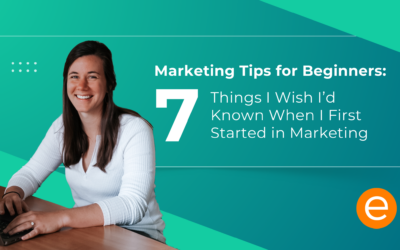
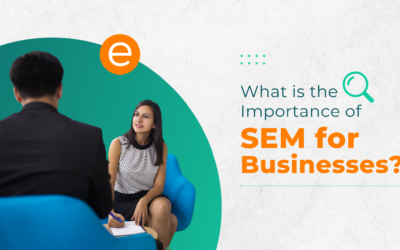
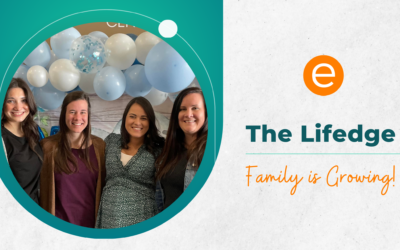



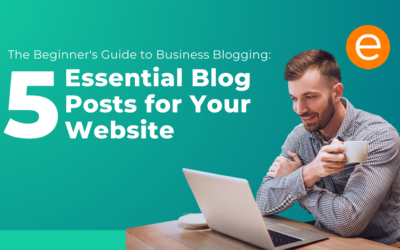
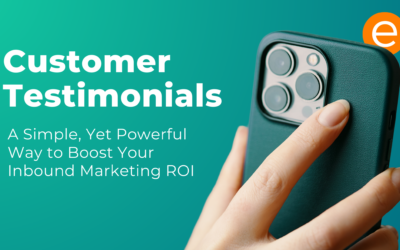

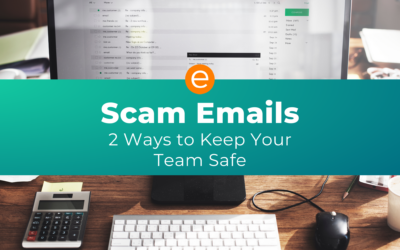
0 Comments